RESOURCES
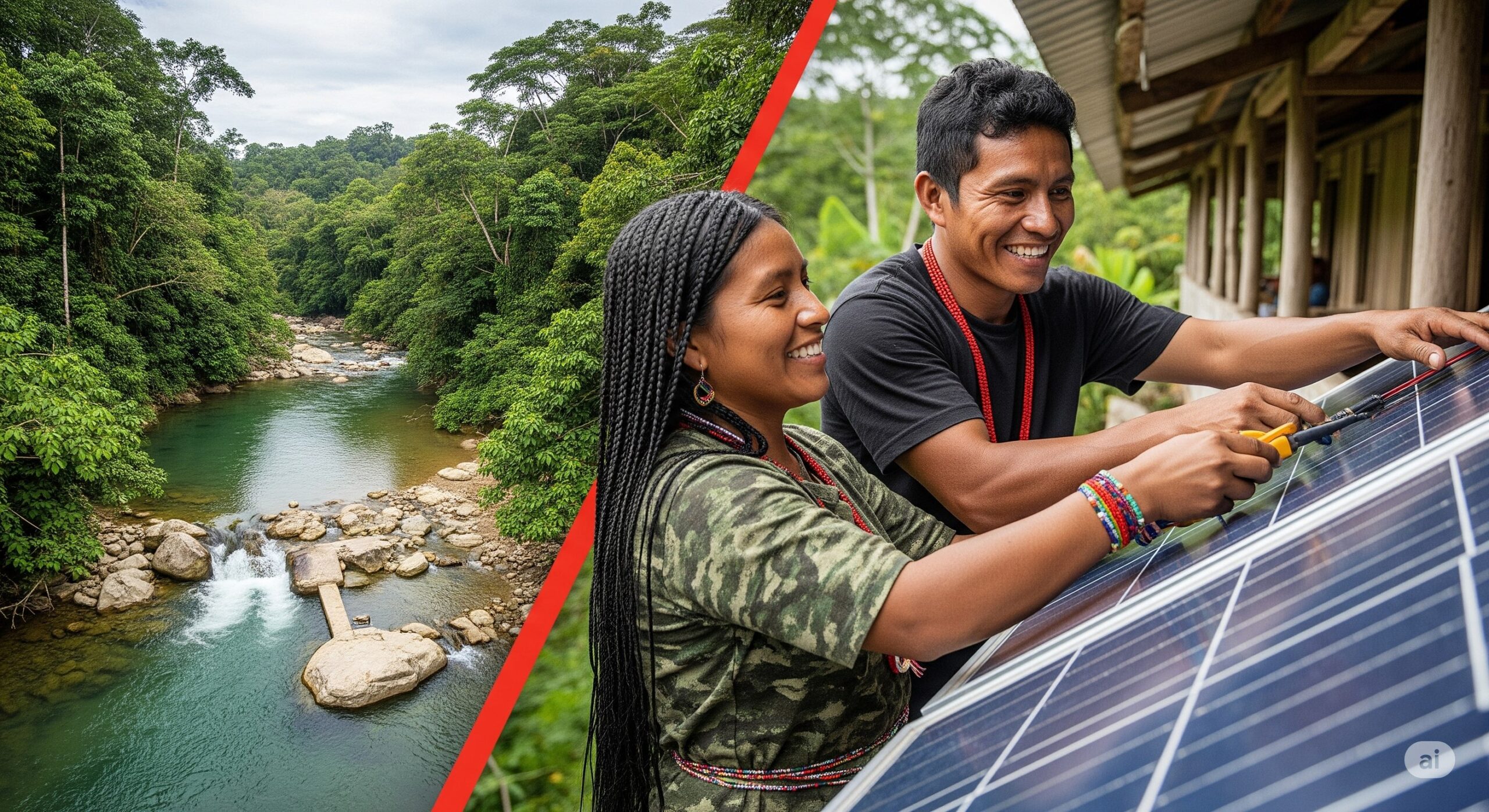
MASTER FUNDAMENTALS OF RENEWABLE ENERGY
Join us in our groundbreaking video series where climate science meets real-world action. Discover how Indigenous wisdom and cutting-edge renewable technologies are rewriting our energy story—from the ground up.
Master Fundamentals of Renewable Energy with Our Free 8-Part Blueprint from TONIBUNG
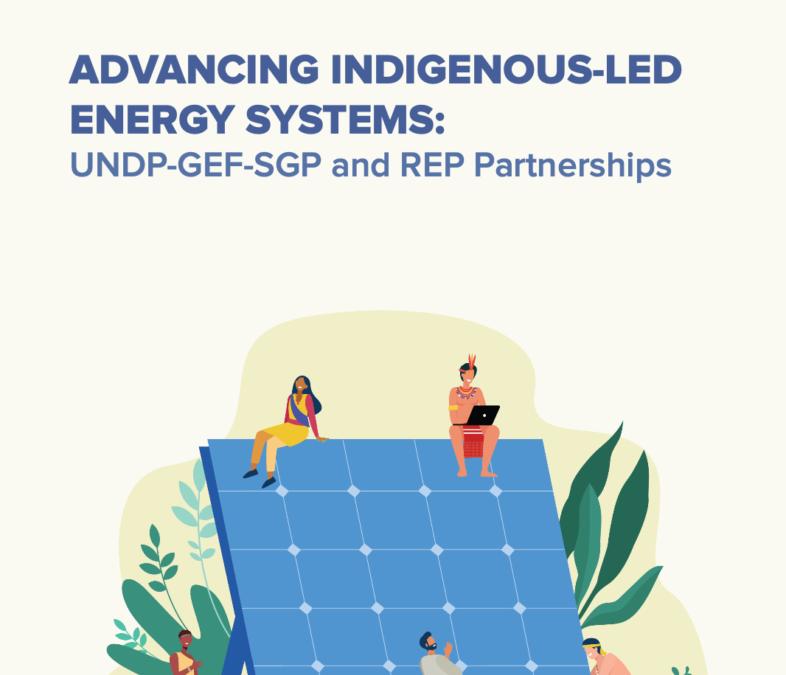
ADVANCING INDIGENOUS-LEDENERGY SYSTEMS:UNDP-GEF-SGP and REP Partnerships
Indigenous Peoples face disproportionate energy access hindering progress toward Sustainable Development Goal 7. The Right Energy Partnership (REP) with Indigenous Peoples, guided by international...
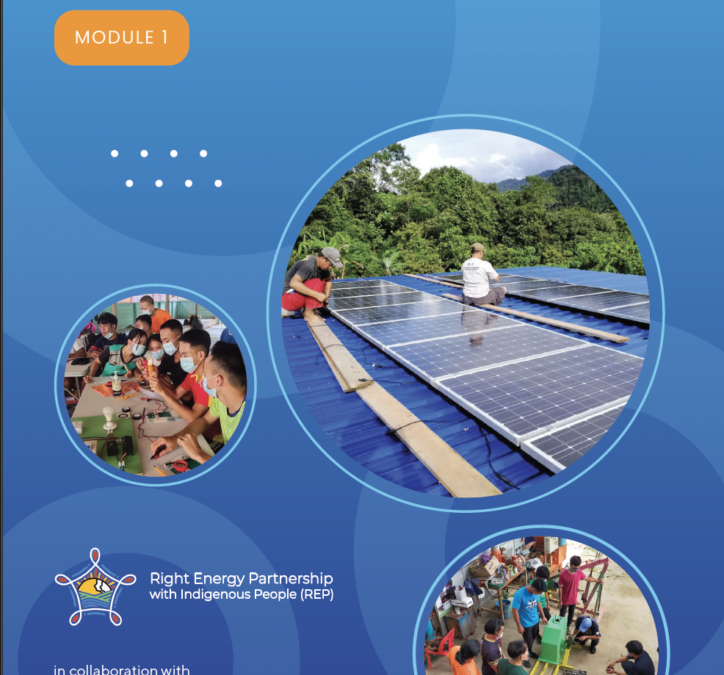
COMMUNITY-BASED RENEWABLE ENERGY PROJECT DEVELOPMENT GUIDE
This module was developed specifically for project implementers who are interested in implementing community-based renewable energy projects within their communities. The main objective...
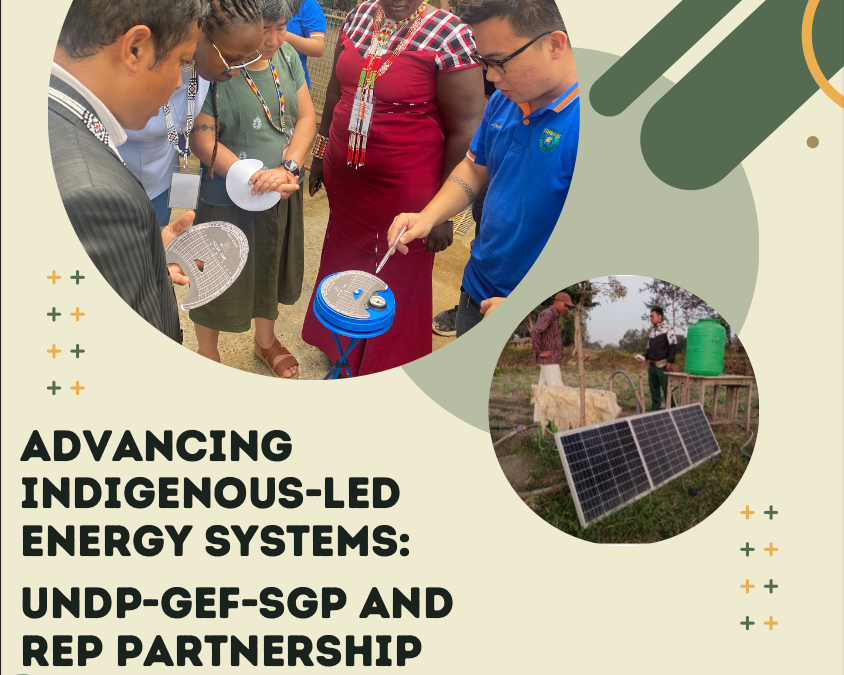
Advancing a Rights-Based Partnership
To facilitate renewable energy access for indigenous peoples, REP has partnered with the UNDP GEF Small Grants Programmes in various countries, including Cambodia, Democratic Republic of Congo,...
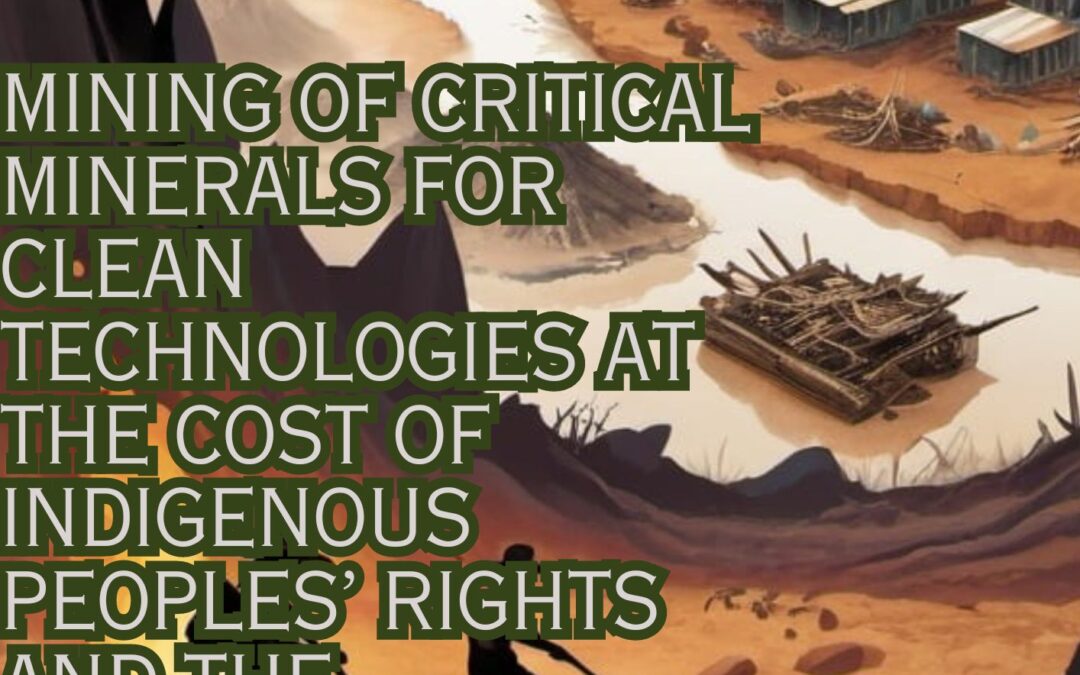
Mining of Critical Minerals for Clean Technologies at the Cost of Indigenous Peoples’ Rights and the Environment
INTRODUCTION As the world shifts towards clean technologies to combat climate change, industries focused on sustainable energy sources and environmental preservation have gained prominence. However,...
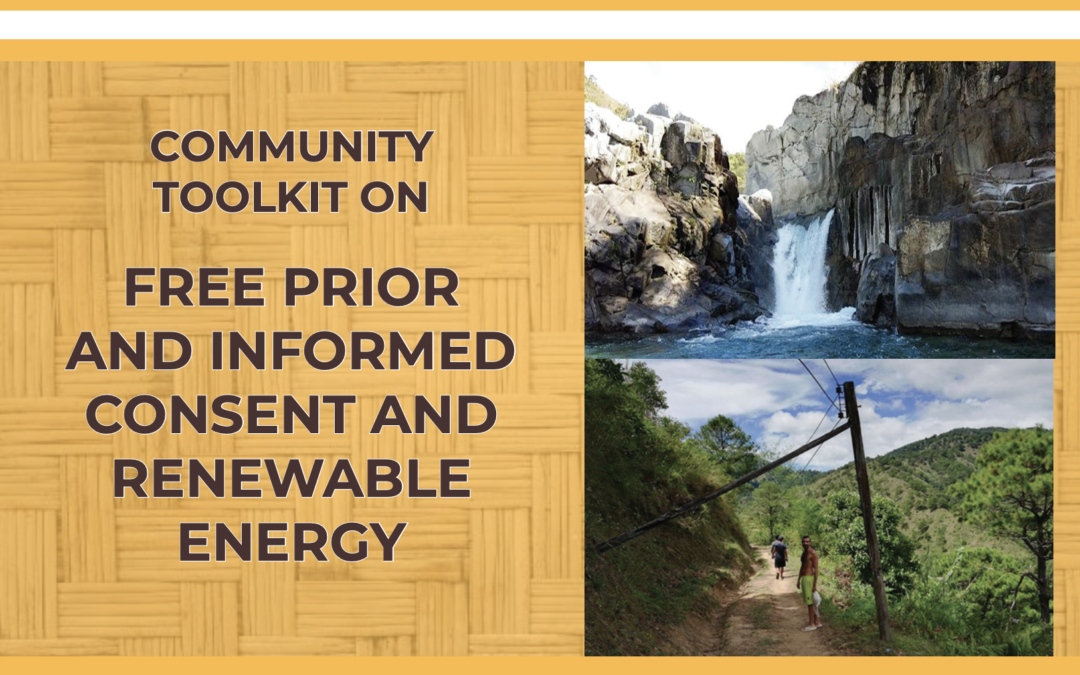
Community Toolkit on Free, Prior and Informed Consent and Renewable Energy
INTRODUCTION Sustainable Development seeks to meet the needs of the present without compromising the ability of future generations to meet their needs. It envisions a future that integrates economic...
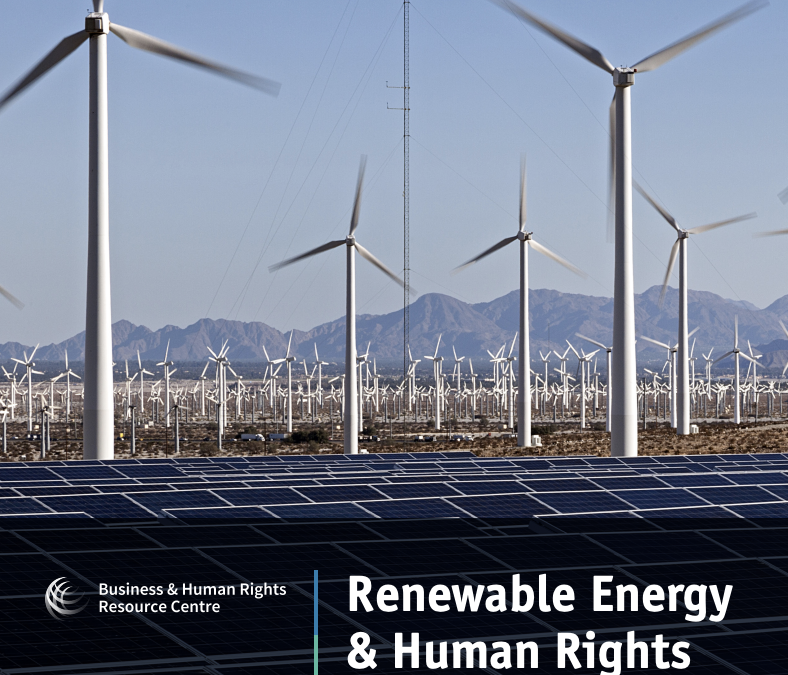
Renewable Energy & Human Rights Benchmark Key Findings from the Wind & Solar Sectors
Climate change is among the most important and complex issues our planet and its people have faced in centuries, and the COVID-19 pandemic has only reinforced the urgency and necessity of building economic systems that are both equitable and sustainable.

Indigenous Peoples and Renewable Energy Projects in Kenya
There is greater need for clean energy as Kenya fosters towards Vision 2030. Energy is both an enabler and driver of the vision. Sustainable Development Goal (SDG) number 7 insists on clean energy use.
Transition Minerals Tracker
Tracking the human rights implications of the mineral boom powering the transition to a net-zero carbon economy.
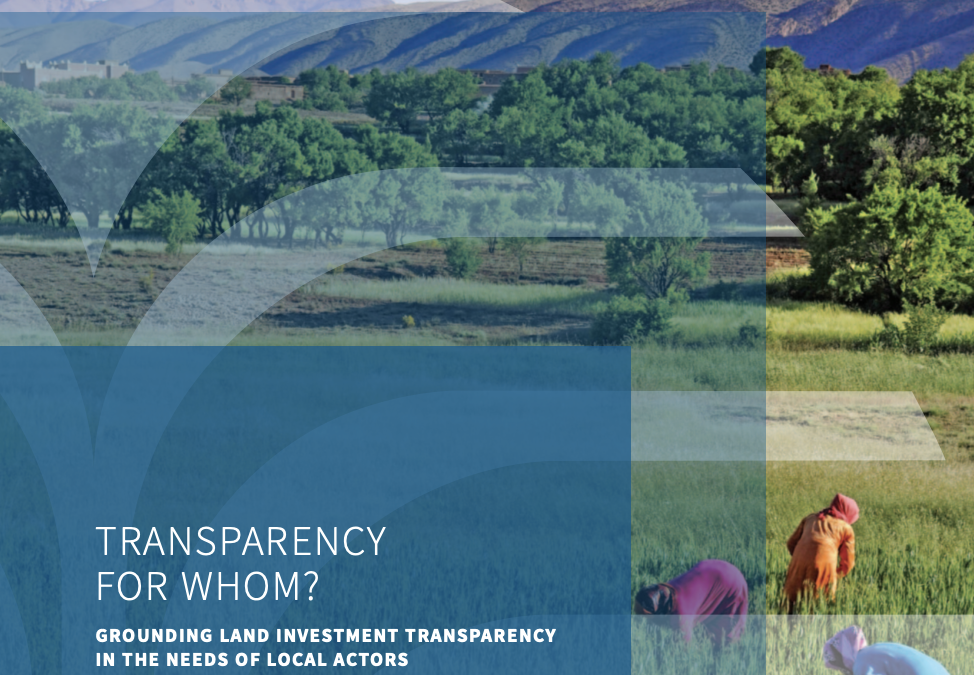
Transparency for Whom?
This report is for donors, global policy makers, and civil society actors concerned with “land investments,” which are defined as agriculture, forestry, wind and solar energy, and similar projects. In particular, it is for such actors who seek to improve the governance and accountability of land investments, protect and bolster the rights of project-affected communities, and enhance development outcomes linked to land investments. For actors already working on advancing transparency of land investments, this report offers new insights for achieving transformative change.

The impact of renewable energy projects on Indigenous communities in Kenya
IWGIA’s latest human rights report examines the sociocultural impacts two particular projects – the Lake Turkana Wind Power project and Olkaria Geothermal Power plants – are having in several Indigenous communities in Kenya.
